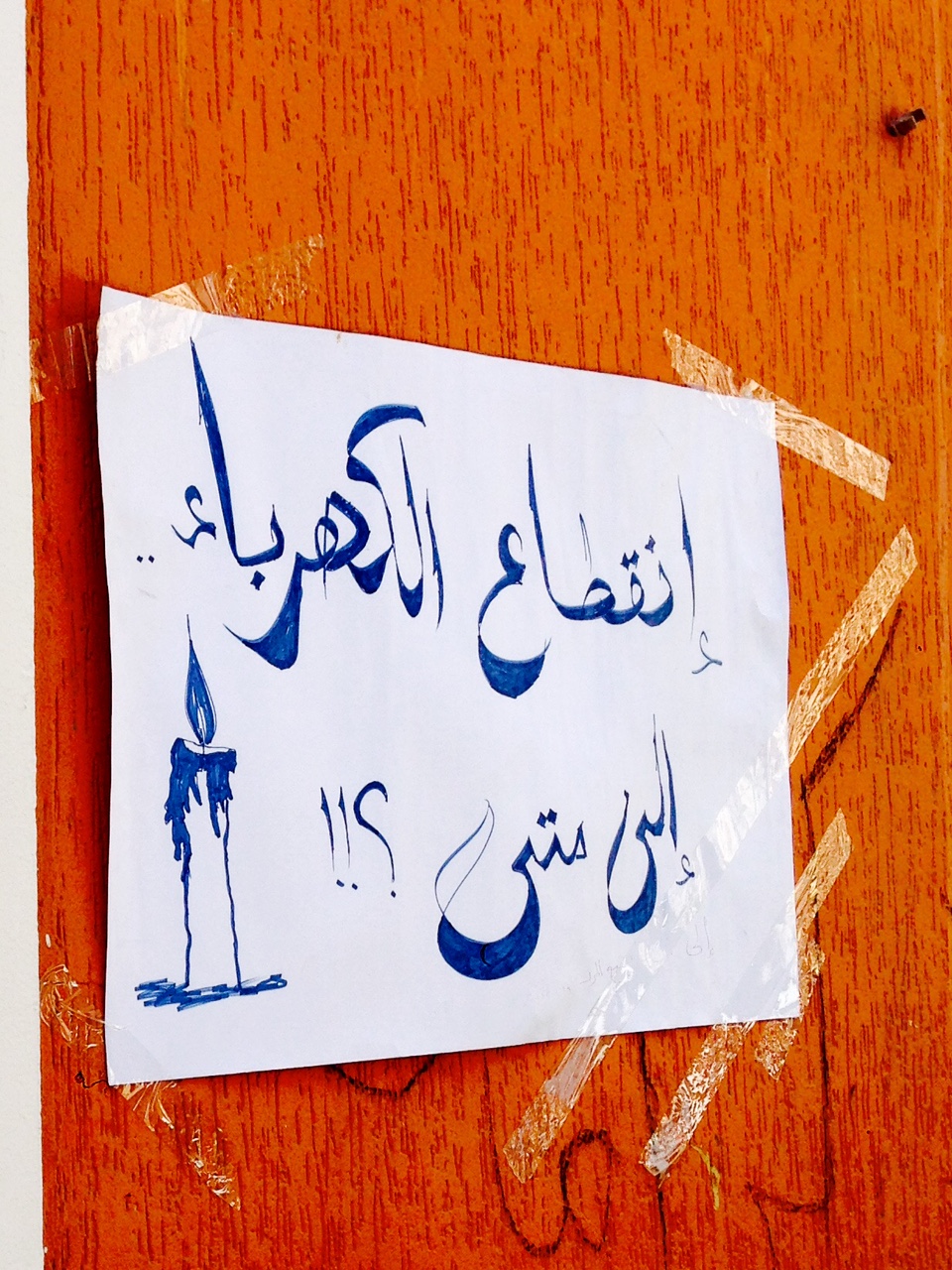By Ajdnadin Mustafa.
Tripoli, 5 August 2015:
The Islamic State (IS) is reported to have killed a judge whom it seized a week . . .[restrict]and a half ago. A body, said to be that of Salem Mohammed Al-Namli, a member of Khoms’ Court of Appeal, and wearing the distinctive orange IS execution suit, was found this morning dumped near a cemetery 20 kilometres south of Sirte.
Namli was grabbed by Islamic State (IS) forces on 25 July having been stopped at the checkpoint manned by them at Harawa, some 70 kilometres east of Sirte. At present there are conflicting reports as to how he died. One report says that Namli was shot; another, in Zliten, says that he was beheaded.
The Zliten source also reported that IS executed him on the grounds that he was a kafir (a denier who has departed from Islam).
There has been fierce condemnation of the murder. The Municipal Council in Zliten, Khoms’ neighbouring town, accused IS of being a death cult and of having “a burning desire in the shedding of innocent blood”. It called on Libyan and international organisations to put an end to it.
The Judges Organization today also condemned the murder by ‘’extremist terrorist organization outside the control of the state’’.
They said that there have now been six assassinations of judges and lawyers – others put the figure as high as 12.
The Judges Organization said that ‘’the continuous attacks on members of the judiciary and on judicial sites is systematic and pre-planned aimed at the destruction of state institutions’’.
They called on ‘’all politicians to put aside their differences and unify their stance and efforts in resisting this terror organization that does not belong to Libya’s religion, customs or morals and that aims to destroy all the state’s institutions so as to be able to survive and grow as it only survives amidst chaos’’.
This latest kidnap and murder of a judge is symptomatic of the lawlessness and lack of security in Libya since the 2011 revolution and the disintegration of the Libyan state. This is particularly so of the security apparatus with no state monopoly on the legitimate use of force compounded by the political split of Libya into two de facto states. [/restrict]







